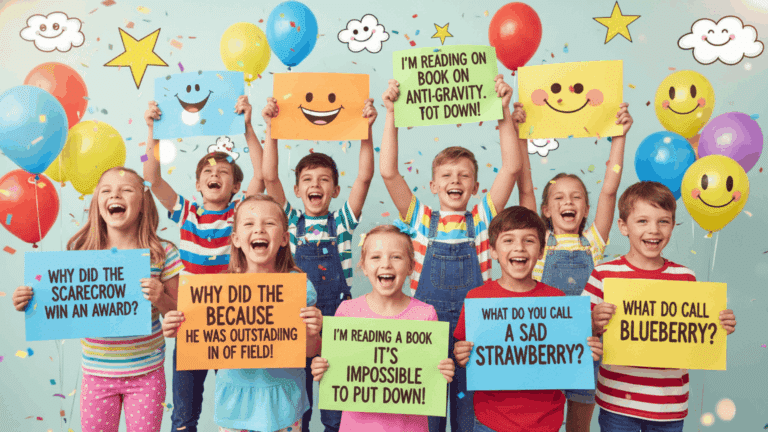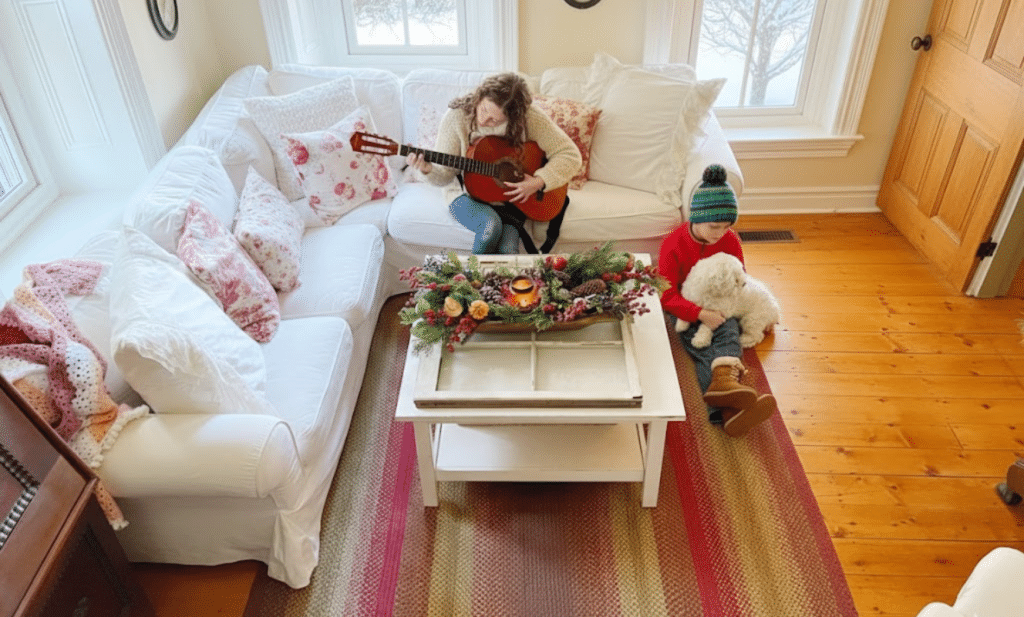Most people get stuck on Q words during games, writing, or helping kids with homework. It’s that tricky letter that makes everyone’s mind go blank.
Here’s the good news: there are actually plenty of useful Q adjectives beyond the obvious ones.
This list includes over adjectives starting with q with clear definitions and examples, plus a free printable PDF for quick reference.
Adjectives Starting with Q with Meanings

Adjectives starting with q can describe people, places, and things in both positive and negative ways. These words help make your writing more specific, vivid, and expressive.
Whether you’re describing a quality, behavior, or feeling, Q-adjectives add variety and depth to your vocabulary.
1. Quaint
- Meaning: Charmingly old-fashioned or unusual
- Example: The village has a quaint beauty that attracts many visitors.
2. Qualified
- Meaning: Having the qualities or skills needed
- Example: She is a highly qualified candidate for the position.
3. Quick
- Meaning: Fast in movement or understanding
- Example: He gave a quick response to the question.
4. Quiet
- Meaning: Calm and peaceful; not noisy
- Example: She has a quiet confidence that inspires others.
5. Quenched
- Meaning: Satisfied or fulfilled, especially regarding thirst or desire
- Example: His curiosity was quenched after reading the book.
6. Quirky
- Meaning: Attractively unusual or unconventional
- Example: Her quirky sense of humor makes her stand out.
7. Quality
- Meaning: Having a high standard or excellence
- Example: She always delivers quality work, no matter the task.
8. Querulous
- Meaning: Complaining in a whining manner
- Example: He grew increasingly querulous as the meeting dragged on.
9. Quarrelsome
- Meaning: Inclined to argue or fight
- Example: His quarrelsome attitude made teamwork very difficult.
10. Quixotic
- Meaning: Unrealistically idealistic or impractical
- Example: Their quixotic plan to solve world hunger overnight failed miserably.
11. Questionable
- Meaning: Doubtful in honesty or legality
- Example: That was a questionable decision with serious consequences.
12. Queasy
- Meaning: Feeling nauseated or uneasy
- Example: She felt queasy after the rollercoaster ride and left early.
13. Quenched
- Meaning: In a stifled or subdued state
- Example: Her creativity was quenched by constant criticism.
14. Quavering
- Meaning: Trembling or shaky, often showing fear or weakness
- Example: His quavering voice betrayed his lack of confidence.
15. Quelled
- Meaning: Suppressed forcefully or harshly
- Example: The rebels’ quelled spirits were evident in their silence.
16. Quizzical
- Meaning: Confused or mildly mocking in a negative context
- Example: He gave a quizzical look that seemed to question everything.
Click here to download the PDF
Fun Ways to Use Adjectives
Here are simple and fun activities that help kids practice Q adjectives while playing, learning, and talking with friends and family every day.
Make up silly stories
Create funny tales using Q adjectives like “The quirky cat was very quiet until it saw a quail.” Kids love making characters act in strange or humorous ways.
Describe your pets or toys
Use words like “quick” for your hamster or “quilted” for your favorite blanket. It makes talking about your things more interesting and specific.
Play guessing games
Give clues using Q adjectives and let others guess what you’re thinking about. “It’s something quiet and quick” could be a mouse or whisper.
Write in your diary
Instead of “good day,” try “quiet day” or “quick day.” Your diary entries become more colorful and help you remember exactly how you felt.
Compliment friends and family
Tell someone they’re “quick at math” or have a “quirky sense of humor.” People love hearing specific nice things about themselves.
Describe food and treats
Say the pizza was “quite cheesy” or the cookie was “quickly eaten.” It makes talking about meals and snacks more fun and descriptive.
To Conclude
Now you have a solid collection of adjectives starting with Q to spice up your writing.
From describing people’s personalities to expressing both positive and negative meanings, these words give you more options than basic adjectives.
Most people don’t use Q adjectives often. This means your writing will sound fresh and different when you include them.
What’s your favorite Q adjective from this list? Drop a comment below and tell me how you plan to use it.
















